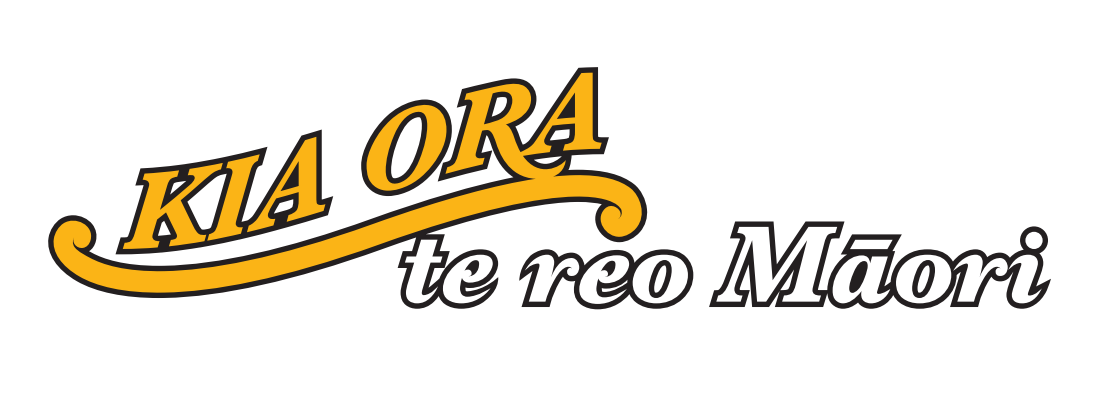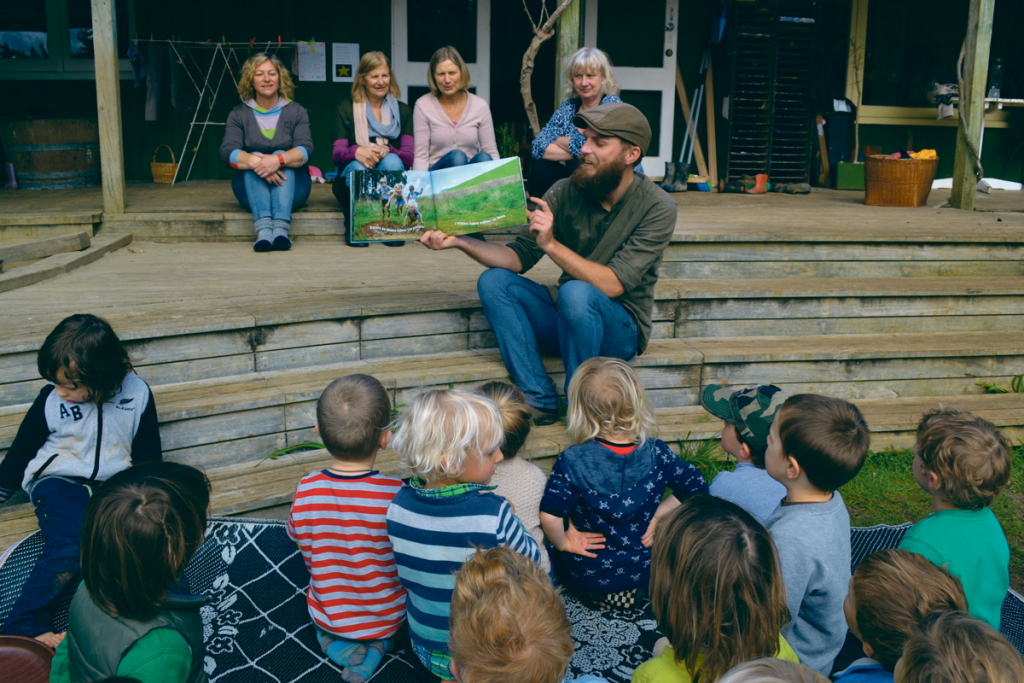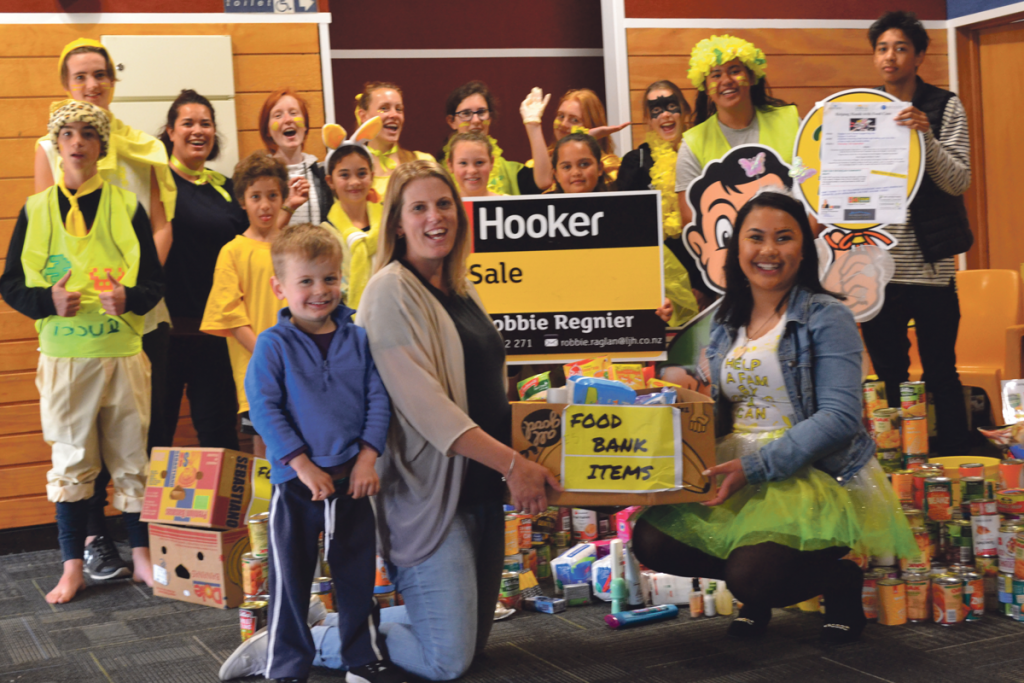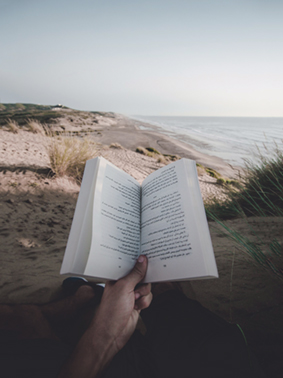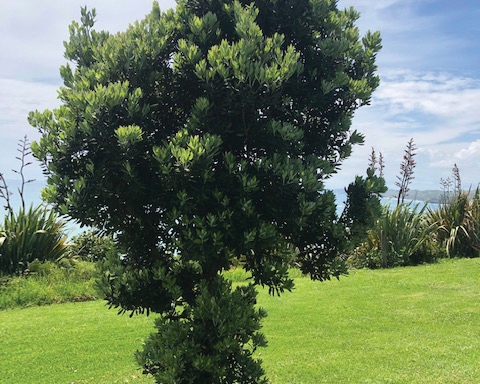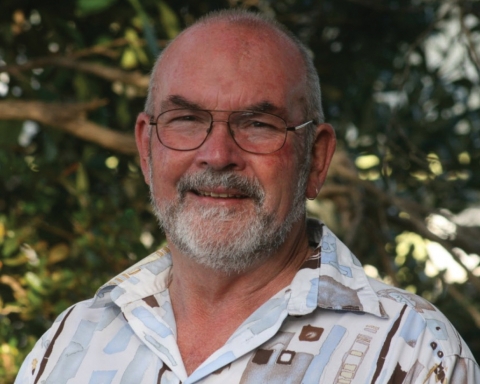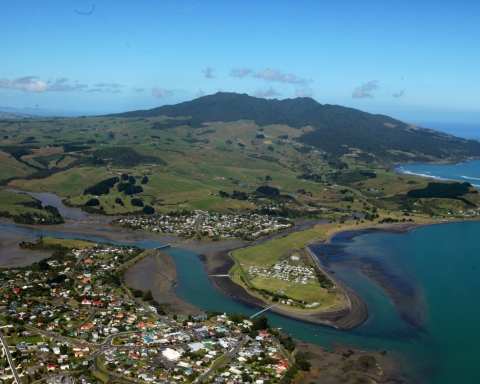For those of you who whakapapa to Aotearoa [whose ancestors come from New Zealand], members of your whānau [family] or you yourself bore witness to the suppression of te reo Māori [the Māori language] that started towards the end of the 1800’s.
It wasn’t until a few months ago that I realised just how much this suppression has truly impacted my own whānau.
My koro [grandfather] was raised in Bridge Pa, Hastings. By the time he was old enough to attend kura [school] in the late ’40s, it was unlawful for te reo Māori to be spoken in most public settings, especially at kura.
While some young Māori continued to learn te reo outside of the kura, my great grandparents were quite staunch ruler followers and refused to kōrero, [to speak] in te reo with my koro, even in their whare [home].
And so began the disconnect of our culture for my whānau.
After my grandparents were married, they moved their young family from Aotearoa to America in the ’70s and my koro did his best to take as much as the culture as he knew, with him.
When I was younger, he and my Samoan grandmother would jokingly argue about whether the grandchildren should learn basic words in Māori or Samoan, but since my grandmother speaks Samoan fluently, she usually won.
However, my koro continued to encourage us to learn what we could about our Māori heritage.
Around the time I was 25, I began to really recognise that disconnect from my ancestors, and for a couple of years I tried to regularly attend the small kapa haka group that my koro and some of the other Māori in Utah had started.
Before I first visited Aotearoa, I had some pretty grand ideas about my Fatherland. I was only aware of a few small bits and pieces of the history of the Māori people, my own people, and I had this grand vision that Aotearoa was a bilingual land where both English and Māori were fluently spoken.
But when I arrived for the first time, I immediately realised how naive my expectations were. That’s not to say there isn’t a presence of te reo Māori and Māori culture, but there wasn’t the strong presence I had envisioned.
Earlier this year, the idea was presented by the Green Party to make te reo Māori compulsory in schools. While I don’t have the historical knowledge one might need to debate this, it was surprising to me that it was not already a requirement.
I went to High School in the US, a melting pot of cultures. It was a requirement to take a second language for at least two years in order to graduate. So knowing that Aotearoa has three official languages, but two of them are not required learning, was quite shocking.
I have read the various arguments for why te reo Māori should not be compulsory and have found the naysayers reasonings a bit close-minded and disheartening.
Without the language of the land, we will lose our identity. Not just Māori, but Aotearoa New Zealand as a whole. Even if you do not whakapapa to Aotearoa, you have been pulled here and continue to stay because of the mana [the spirit] you feel, it is something that can only be truly understood and communicated in te reo Māori.
A few months ago, while my koro was visiting us from the States, I had the chance to kōrero with him about his time as a tamariki [a young child] and growing up unable to fluently speak te reo Māori.
There was a heavy tone of sadness in his voice, a sense of guilt that he was unable to pass the taonga [the treasure] of the Māori culture onto his children. Being the emotional man that he is, tears welled in his eyes and the importance of te reo Māori truly hit me.
Over the past ten years, some of my whānau have made their way back to Aotearoa from America and are making the effort to learn te reo Māori. Early last year my nephew was born, my koro’s 38th mokopuna [grandchild] and the first of his mokos to be born on the whenua of Aotearoa. Thanks to the determination of his parents, he will be raised learning both te reo Māori and English.
And while my koro may not be able to kōrero in te reo with him, he will be able to listen to his great-grandson speak the language that fills his heart.
The tamariki are the keys to the future, they will be tasked with keeping all aspects of who we are and where we come from alive–passing our stories on in whatever language they are told in.
If we allow te reo Māori to be brushed aside because it’s not … “a language you use in everyday business”, or because “the rest of the world doesn’t speak te reo Māori”, what does that say about our respect for the culture of Aotearoa?
Luckily there has been a revitalisation of te reo Māori and even in the few years I have been here, I continue to hear it more and more.
Our community has many opportunities to enrol our tamariki and start them on the journey that will help tautoko [support] te reo Māori and keep it alive for generations to come. From Whaingaroa Te Koha Reo, Te Ropu Aroha Ki Te Reo Whaingaroa at Raglan Area School, Kura Reo ki Poihakena and Matapihi Kindy, plus there are many other resources readily available online.
Whether you are wanting to become fluent in te reo Māori, or just understand the simple ways of saying hello, “kia ora”, and goodbye, “ka kite ano”, that small effort will go a long way.
Karamea Puriri
